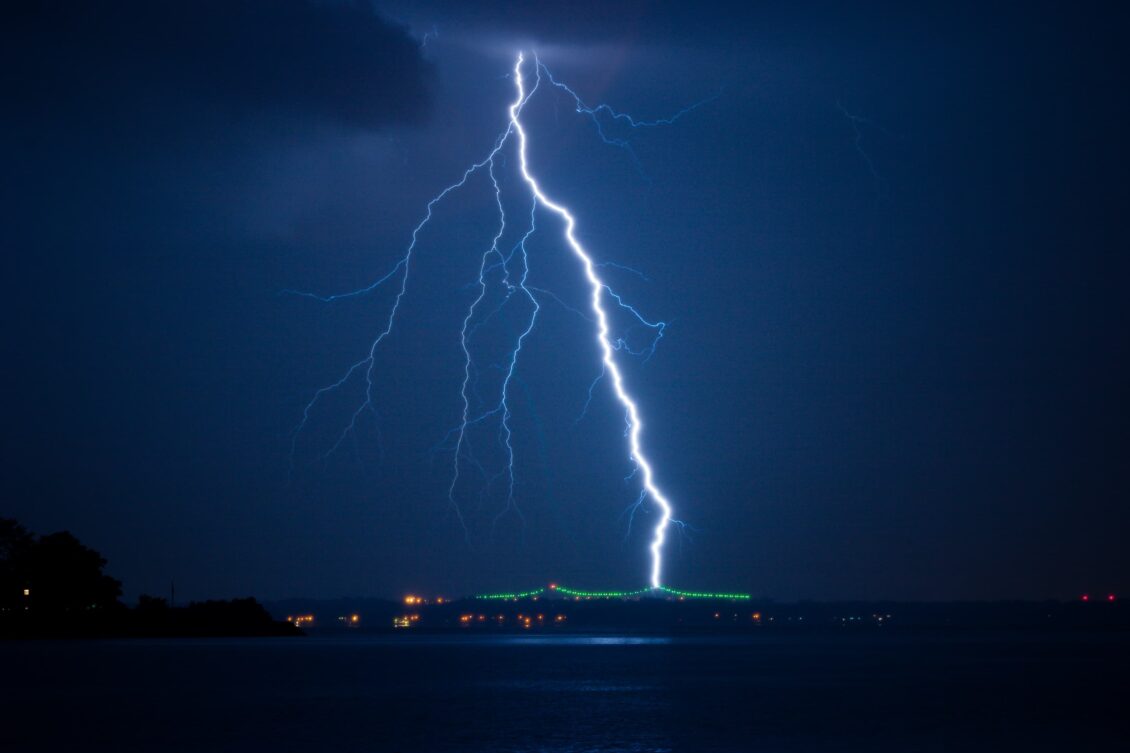Latest News
Do Metal Roofs Attract Lightning?
There are certain pieces of common knowledge that people strongly believe but turn out to be wrong.
After all, putting ice on a burn can sometimes slow down the healing process, flies prefer vinegar to honey, carrots do not let you see better in the dark and lightning can strike the same place twice.
Speaking of lightning, one of the most common misconceptions about corrugated roofing sheets is that because they are made of metal, they somehow attract lightning more than a roof made from other materials.
This is nonsense, but it is important to know where the belief comes from, as the origin of a misconception of this magnitude comes from a real place.
The seed of truth from which this particular tree derives is the idea that metal conducts electricity, which is undoubtedly true, as well as the concept of the lightning rod, where a tall metallic rod is used to attract a lightning strike and safely redirect it into the ground.
However, of the main properties of a lightning rod, the fact it is made of conductive metal is the least important factor in whether the lightning will strike a particular location.
Typically it is tapered or thin points, height and overall size, rather than the material used in construction that determines where it will hit.
Instead, lightning rods are made from conductive materials because they are the safest way to redirect vast amounts of electrical power and spread it out in such a way that it will not cause any damage.
Contrast that with a wooden tree, for example, which whilst a good conductor of electricity when wet is typically an insulating material, meaning that a lightning strike on a tree typically results in a rather substantial fire.
In that sense, a metal roof, particularly one that has been appropriately grounded, improves the safety of a building by diffusing the power of the strike.
Liversedge
01924 401020
Hull
01482 640118





